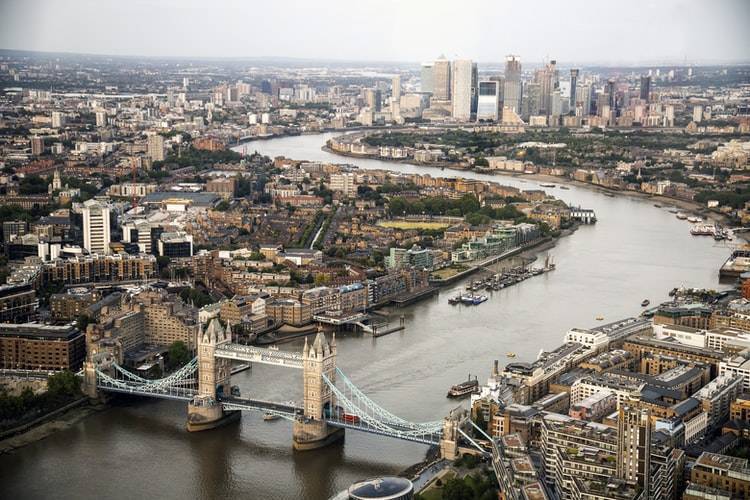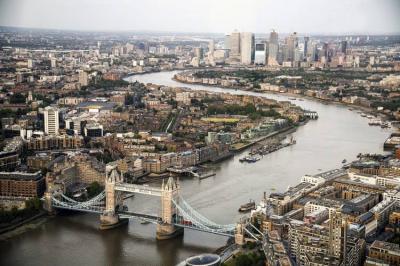The 1973 war between Israel and the Arabs was not limited to the Suez Canal and the Golan Heights; its repercussions reached the West in what was then known as the "oil shock," following OPEC's decision to halt oil exports to countries supporting Israel. This scenario seems poised to repeat itself in Britain, but in a more severe manner, according to members of the British House of Commons.
This comes amid fears that the price of a barrel of oil may rise to $240 this summer, should sanctions on Russia, especially those concerning the energy sector due to the Ukraine war, continue. These concerns arose despite the fact that oil prices dropped on Friday, reaching $112 after nearing $140 a few days earlier.
The British newspaper "Daily Mail" indicated that banning Russian oil imports to Britain is expected to increase pressure on British households, which are already struggling. Inflation in Britain currently stands at 5.5%, and it is anticipated to reach 8% in the coming months, further straining low-income families.
Despite the grim outlook, there is a glimmer of hope that prices may decrease, supported by proposals from the International Energy Agency for member countries to release 60 million barrels from reserves. Fuel prices are increasing by 5 pence daily in Britain, with some stations experiencing this rise every hour.
Former Minister of Communities and Local Government Robert Jenrick stated that the fuel crisis is compounded by the rising costs of heating homes and food prices. Conservative MP Steven Baker expressed concerns that the economic crisis might be worse than that of the 1970s, voicing a desire to avoid excessive alarmism, as the actual outcomes will depend on political responses. He added, "I fear we still have the largest bond market bubble in history. Inflation is coming anyway, and this crisis will fuel the impending inflation, leading to pressure on the Bank of England regarding interest rates."
Leader of the Liberal Democrats in Parliament, Ed Davey, remarked, "We may face the largest economic shock since the oil crisis of 1973, but the government's response is to mislead people with an unfair tax increase." During the 1973 war, global oil prices quadrupled, and inflation in Britain subsequently soared to 23%.




